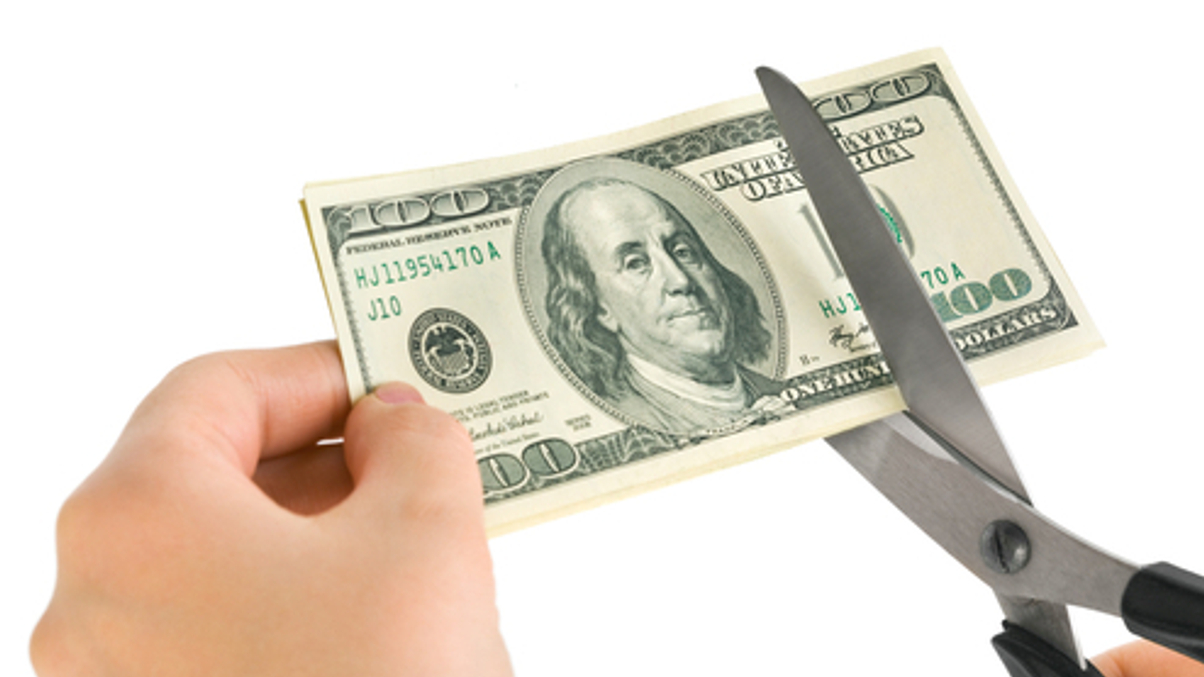Market views: Dividend cuts to come in Asia
Companies worldwide are suspending shareholder payouts amid the Covid-19 outbreak. How worried should institutional investors be about the situation in Asia?

From airlines and banks to oil producers, companies worldwide are under pressure to cut shareholder payouts in order to preserve capital to keep their businesses running amid the coronavirus crisis.
Sign in to read on!
Registered users get 2 free articles in 30 days.
Subscribers have full unlimited access to AsianInvestor
Not signed up? New users get 2 free articles per month, plus a 7-day unlimited free trial.
¬ Haymarket Media Limited. All rights reserved.


